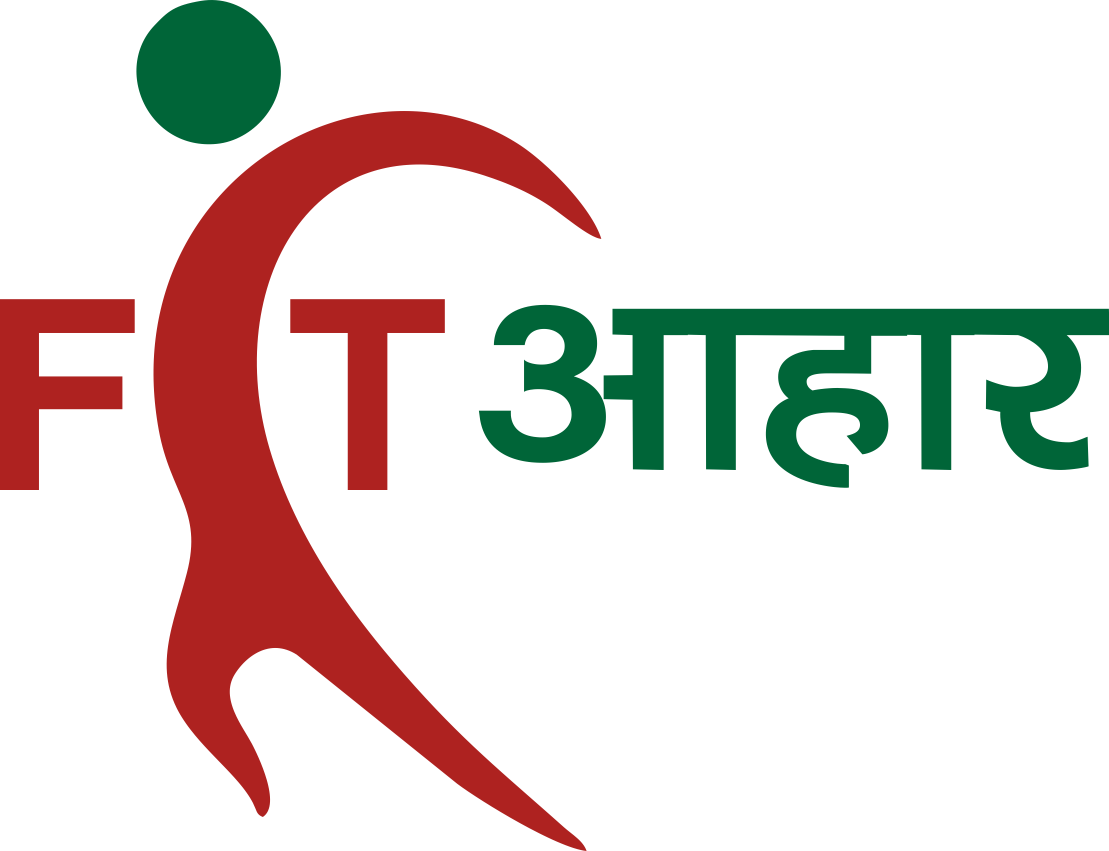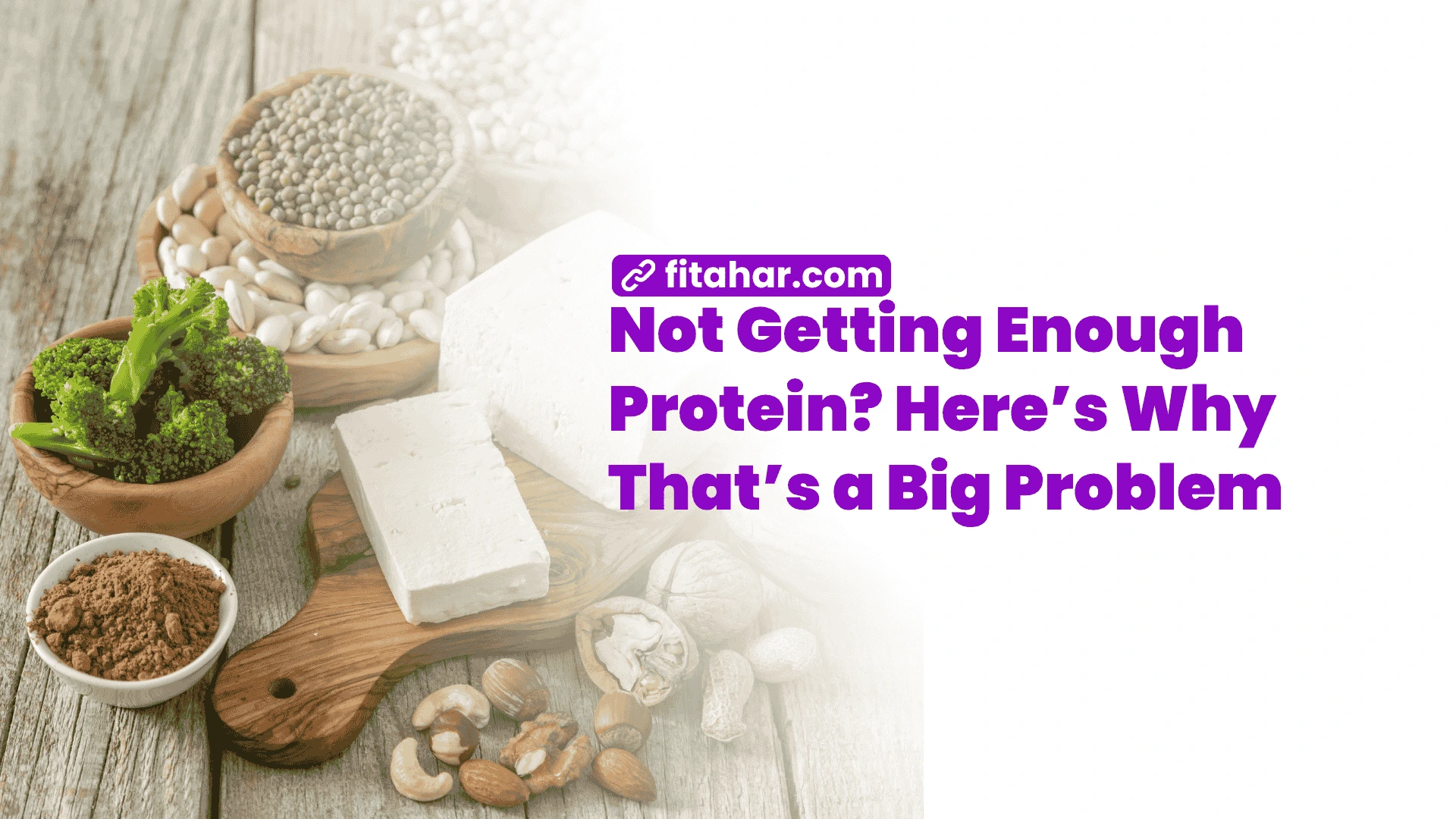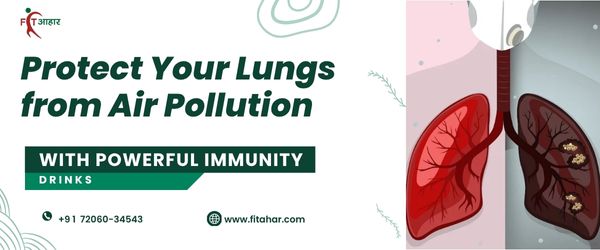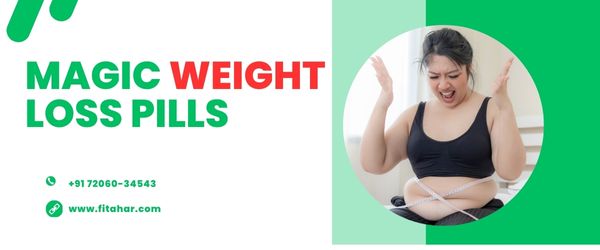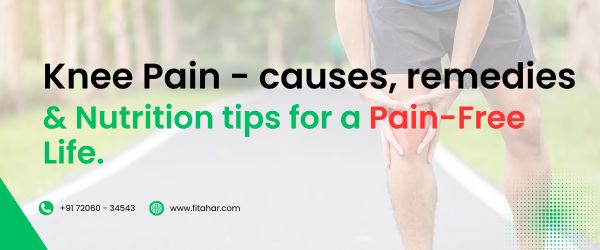Protein isn’t just for bodybuilders or athletes — it’s essential for everyone, every single day. Whether your goal is to lose fat, build muscle, stay full longer, or simply be healthy, protein plays a critical role in your body’s function and performance.
Yet, most people unknowingly fall short on daily protein intake, leading to poor recovery, cravings, muscle loss, and even weaker immunity. In this blog, we break down why protein matters, how much you need, and how to fix a low-protein diet.
Why Protein Is Important for Your Body
Protein is one of the three macronutrients (along with fats and carbs), but it’s the most important for building and repairing tissue, especially muscle.
What Protein Does in the Body
- Builds and maintains muscle, skin, hair, and nails
- Supports hormone production and enzyme function
- Boosts your immune system
- Aids in recovery and healing
- Helps regulate blood sugar levels
- Provides a longer-lasting feeling of fullness than carbs or fats
Without enough protein, your body begins to break down muscle for fuel, which slows your metabolism and affects strength, performance, and fat loss.
Low Protein = Bigger Problems
If you aren’t getting enough protein daily, your body pays the price — and the symptoms may creep up quietly.
Signs You Might Be Protein Deficient
- Constant cravings or frequent hunger
- Low energy levels throughout the day
- Muscle loss or lack of tone even with exercise
- Thinning hair, weak nails, or skin issues
- Slow wound healing or frequent illness
- Trouble losing weight or poor results from workouts
Your body needs protein not just to survive — but to thrive. Without it, even a calorie-controlled diet can backfire.
Protein and Fat Loss: The Secret Weapon
One of the most powerful effects of protein is its ability to support fat loss while preserving lean muscle.
How Protein Supports Fat Loss
- Increases satiety, keeping you fuller for longer
- Boosts thermogenesis, meaning your body burns more calories to digest it
- Preserves lean muscle mass during calorie deficit
- Reduces cravings, especially for sugar and snacks
- Helps stabilize blood sugar, preventing energy crashes
When you cut calories without enough protein, you lose muscle — and that slows metabolism. But with high-protein diets, your body burns fat while keeping muscle intact.
How Much Protein Do You Really Need?
Your protein needs vary based on your age, activity level, goals, and body weight. But most people aren’t hitting the ideal range.
Recommended Protein Intake
- General health: 0.8–1.2g per kg of body weight
- Active individuals: 1.2–2.0g per kg
- Fat loss or muscle gain: 1.6–2.2g per kg
For example, if you weigh 70kg and want to lose fat or build muscle, aim for 110–150g of protein per day.
Best Sources of Protein
- Animal sources: Eggs, chicken, fish, Greek yogurt, lean beef, paneer
- Plant sources: Lentils, tofu, soy, chickpeas, quinoa, nuts, seeds
- Supplements: Whey or plant-based protein powders (great for busy schedules)
Spread your protein across meals and prioritize protein-rich foods in every meal to meet your target consistently.
Conclusion: Don’t Sleep on Protein
Whether you’re trying to tone up, lose fat, recover faster, or just stay healthy — protein is non-negotiable. Skipping on protein can silently sabotage your progress, making you feel tired, hungry, and weak.
Start focusing on daily protein intake, better food choices, and consistent habits — your body will thank you with more energy, better performance, and visible results.
